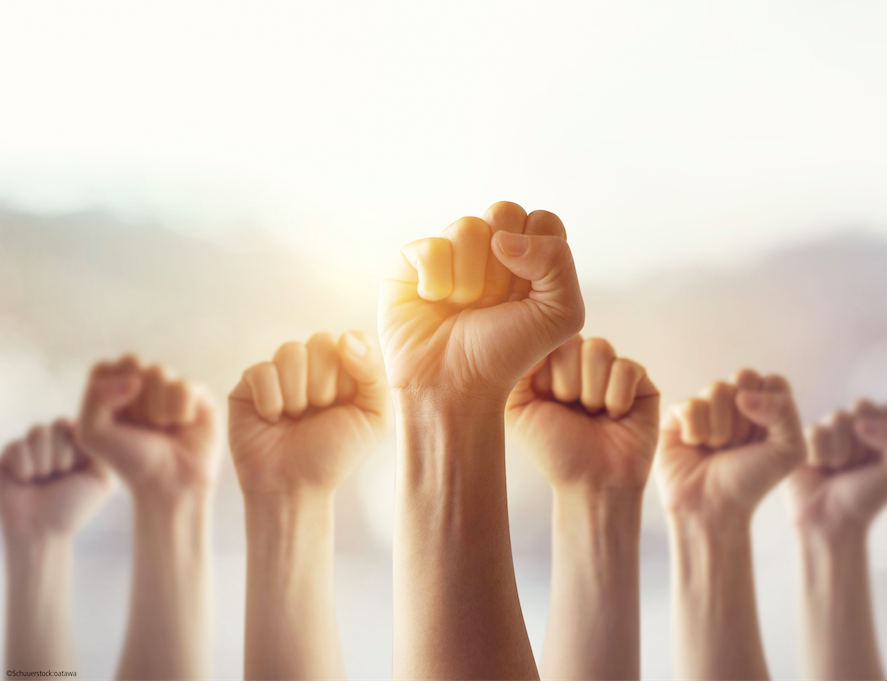
Even if as a general rule authoritarian regimes might be more politically resistant than democratic ones to a high level of mortality due to the Covid-19 epidemic, they cannot prevent information from spreading, not only because of social networks but also because the population will have concrete and personal experiences of the losses.
The argument (explicitly promoted by the regime in Iran, Bolsanaro in Brazil and by many governors in the USA) according to which it is better to support the economy than to avoid a certain level of mortality might backfire because its promoters might lose on both sides: deaths and economic disaster (due to the coming global economic crisis and the fall in oil revenue).
Everywhere, an increasing level of deaths will trigger popular protests against the inability of governments to manage the situation. These protests will accentuate the already existing movements protesting against the inefficiency, lies and corruption of authoritarian or failed regimes, which means first of all a call for accountability.
What political forms could popular contestation take in the Middle East?
Are there credible Islamist movements ready to take the lead of the opposition?
Is there a coherent religious narrative of protest?
[…]



